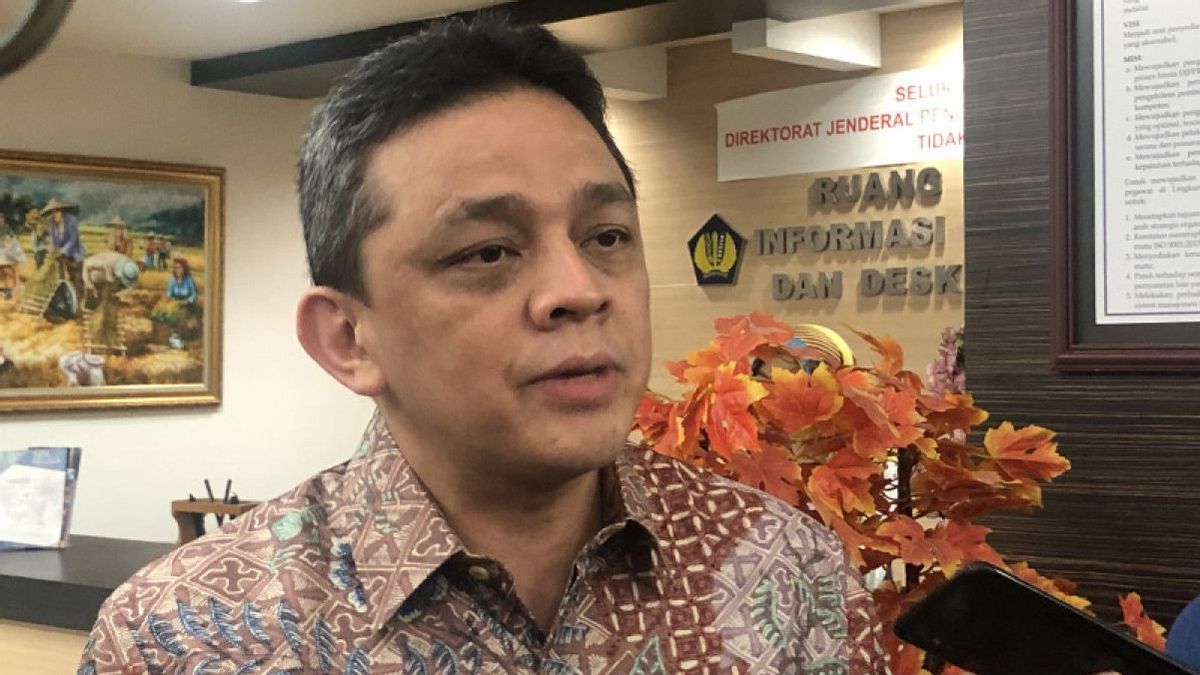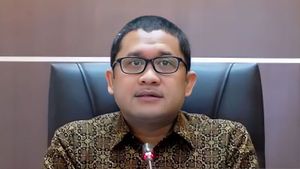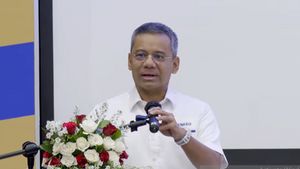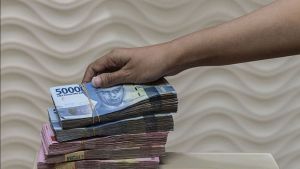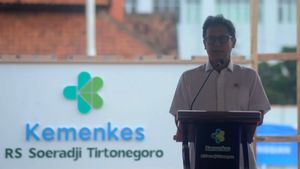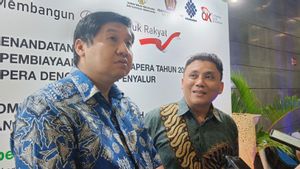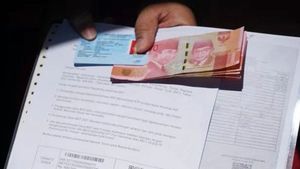JAKARTA - The government continues to strive to create equal distribution of people's welfare throughout Indonesia by improving public services, equitable development, and accelerating economic transformation.
The Director General (Dirjen) of Fiscal Balance at the Ministry of Finance Luky Alfirman said that one of the government's ways in realizing this was to carry out fiscal decentralization reform and ratification of Law Number 1 of 2022 concerning Financial Relations between the Central Government and Regional Governments (UU HKPD).
"We want to give greater authority to the regions, the aim is to decentralize the economy and build economic centers in their respective regions so as to create jobs, reduce poverty and reduce inequality," said Luky in his official statement, Wednesday, October 18.
Luky conveyed this was a tangible manifestation of the presence of the State Budget for the community. Through the Transfer To Regions (TKD) instrument, the State Budget is here to support the acceleration of economic transformation and become clear evidence to equalize welfare inclusively and fairly.
In addition, according to Luky, the HKPD Law as the basis for fiscal decentralization reform is expected to strengthen fiscal decentralization through several things.
One of them is by Transfer to Regions (TKD) based on performance in the form of using the Palm Oil DBH which is directed at handling negative externality and paying attention to regional needs.
In addition, the General Allocation Fund (DAU) is also allocated for equitable distribution of financial capabilities as well as the quality of public services in the regions.
Luky said that the next way with changes to the Regional Tax and Regional Retribution (PDRD) policy was directed to support increasing regional income and maintaining public access to mandatory basic services, ease of doing business, and introducing the PKB and BBNKB Ops scheme to provide certainty of acceptance to district/city governments, by not increasing the burden of taxpayers.
Furthermore, by improving the quality of regional spending carried out through simplification and synchronization of regional priority programs.
In addition, the government prepares regional expenditures based on price standards, as well as regulates employee spending restrictions of a maximum of 30 percent and public service infrastructure spending of at least 40 percent so that the APBD provides more optimal benefits for the community in the regions.
According to Luky, the next way is to finance regional debt to accelerate the provision of infrastructure and simplify the financing mechanism.
Such as integrating the DPRD's approval with the discussion of the APBD while maintaining conduciveness and encouraging other forms based on funding synergy and cooperation with the private sector, BUMN, BUMD, or with other local governments.
VOIR éGALEMENT:
Furthermore, the latter with fiscal synergy for fiscal sustainability include aligning the central and regional fiscal policies, the policy of determining the cumulative limit of the deficit and financing of regional debt, as well as synergy of information systems including the use of standard account charts.
Luky said, the HKPD Law gave a breakthrough to reduce extreme poverty and reduce stunting well through the provision of greater transfers.
In the future, he continued, TKD instruments are directed at equitable distribution of welfare in an inclusive and equitable manner for all Indonesian people, by continuing to improve the quality of governance and performance of TKD management.
The English, Chinese, Japanese, Arabic, and French versions are automatically generated by the AI. So there may still be inaccuracies in translating, please always see Indonesian as our main language. (system supported by DigitalSiber.id)
